Gaza's resistance groups announce response to 2nd truce proposal
Resistance movements in the Gaza Strip, which has endured some four months of a genocidal Israeli war, have announced their response to a proposal for a second truce in the brutal military onslaught.
On Tuesday, the movements responded to the proposal that had been hammered out among Egypt, Qatar, the US, and the Israeli regime during talks in Paris late last month.
The proposal reportedly features three phases, the first of which envisages release of Israeli civilians in exchange for Palestinian prisoners throughout some six weeks. Upon potential success, this would lead to two more phases of swap that would include male Israeli troops.
Responding to the proposal, however, the Palestinian resistance movement Hamas said in a statement that any agreement had to feature a "comprehensive and complete ceasefire." Such a deal also had to ensure implementation of relief operations, provision of shelter for the displaced Gazans, enablement of the territory's reconstruction, lifting of a siege that the Israeli regime has been simultaneously enforcing against the coastal sliver, and completion of prisoner exchange, the group added.
Hamas, meanwhile, vowed that Gaza's resistance groups would "continue to defend our people, on the path to ending the [Israeli] occupation, and achieving their (the Palestinian people's) legitimate national rights to their land and sanctities."
Mahmoud Mardawi, a senior Hamas' official, similarly affirmed that the group sought "a comprehensive ceasefire." "We will not move to another phase until our goals and demands are achieved," he said, adding, "Our people do not want a truce only to go back to their homes and then be bombed by the occupation."
Mohammed al-Hindi, deputy secretary-general of the Islamic Jihad, Hamas' fellow Gaza-based resistance group, likewise, laid emphasis on the need for the Israeli aggression to stop, the regime's forces to withdraw from the territory, and efforts to be made towards enabling reconstruction of the war-hit coastal sliver.
"Our response to the framework agreement was in essence consistent with our constants, with minor modifications to the wording," he said.
Ihsan Ataya, member of the Islamic Jihad's Political Bureau, separately asserted that any agreement had to feature opening of Gaza's crossings to humanitarian aid.
He also noted that the Israeli regime and the United States -- Tel Aviv's biggest supporter -- had realized that they could not determine Gaza's future, and that "nothing can change politically in Gaza."
Around 27,600 Palestinians, mostly women, children, and adolescents, have died in the war that the Israeli regime began waging last October following Operation al-Aqsa Storm by the resistance movements, during which hundreds were taken captive.
A first truce took effect between the two sides last November, which saw the release of 105 Israeli captives held in Gaza and 240 Palestinian prisoners held by the Israeli regime. The deal also allowed some humanitarian aid into Gaza, but the aid supplies were far below what was needed amid the all-out Israeli siege.
China ‘firmly opposes’ US military aid to Taiwan
VIDEO | Press TV's News Headlines
President Yoon Suk Yeol to be removed from office
At least 19 Gazans killed by Israeli airstrikes since dawn: Medics
Leader: Iran neither has nor needs proxy forces
US fighter aircraft shot down ‘in friendly fire’ amid aggression on Yemen
Yemeni FM: Israel’s sponsors accountable for ongoing aggression on Sana’a
Eight Palestinians killed as Israel attacks Gaza school, hospitals


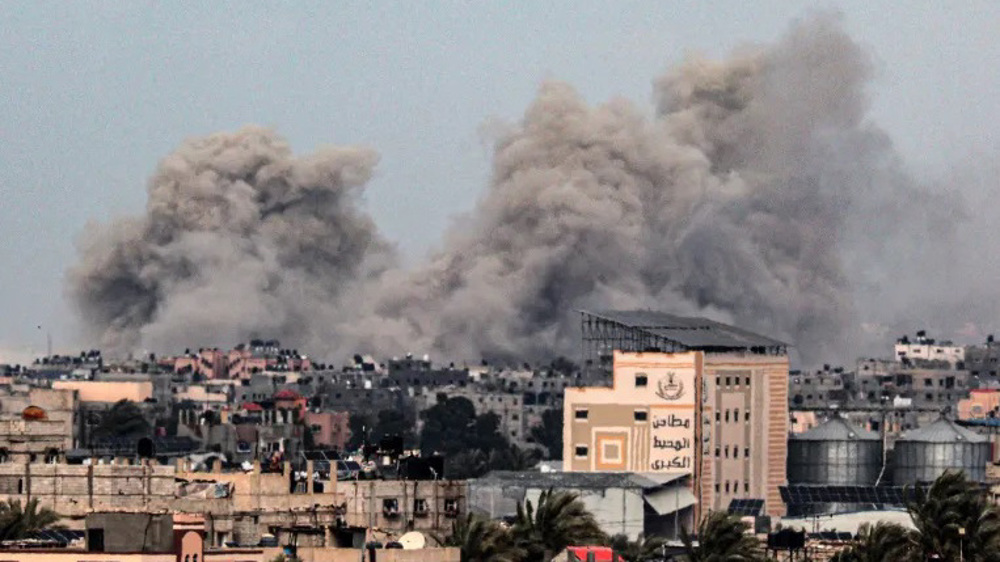
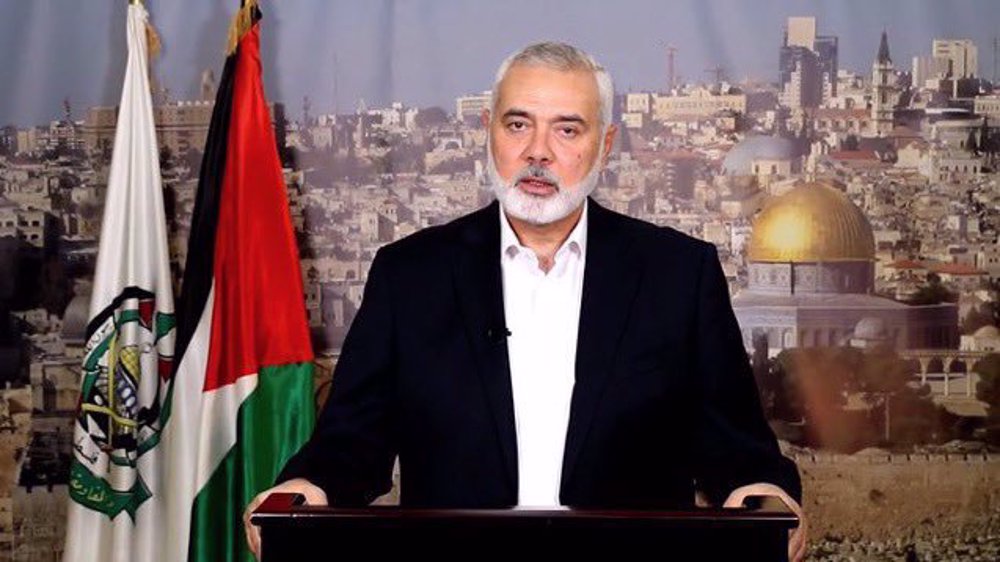
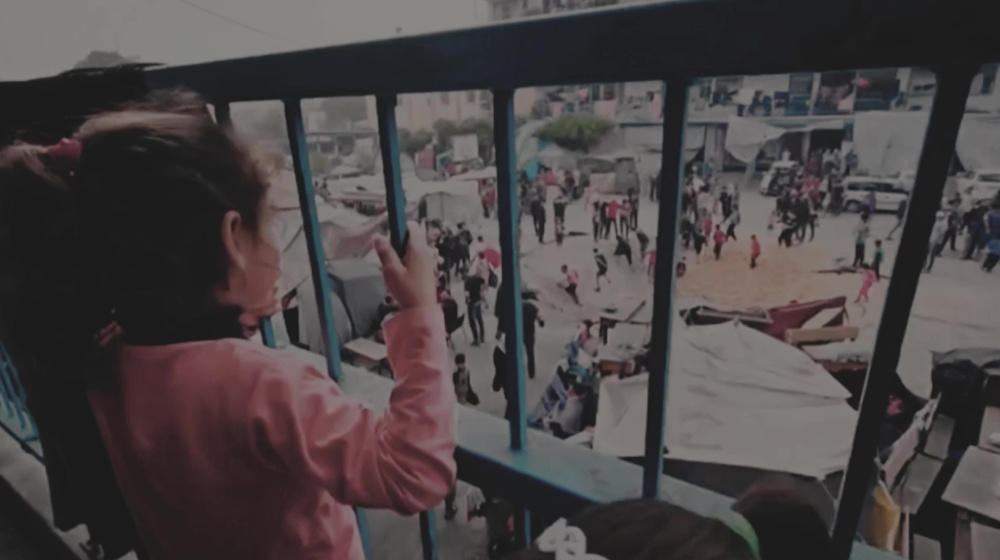
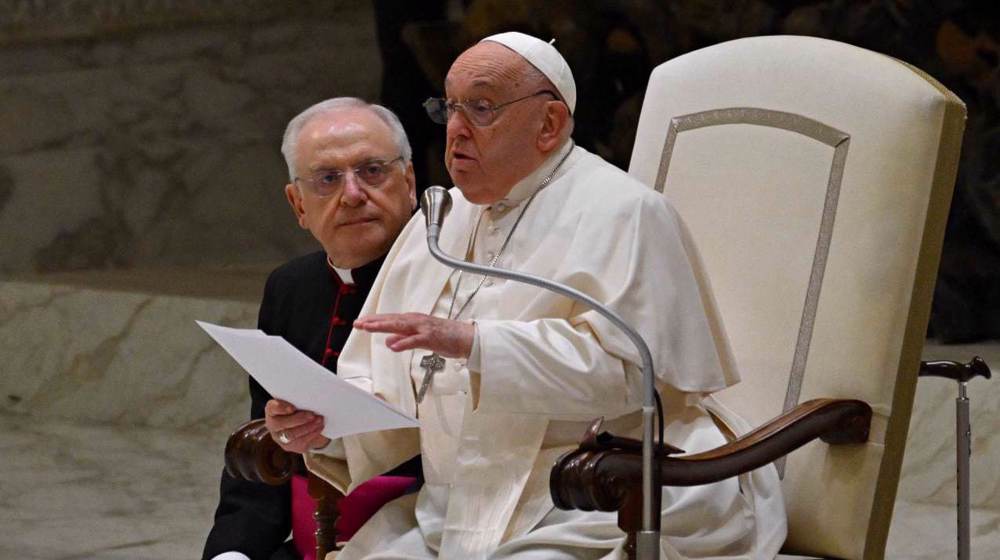
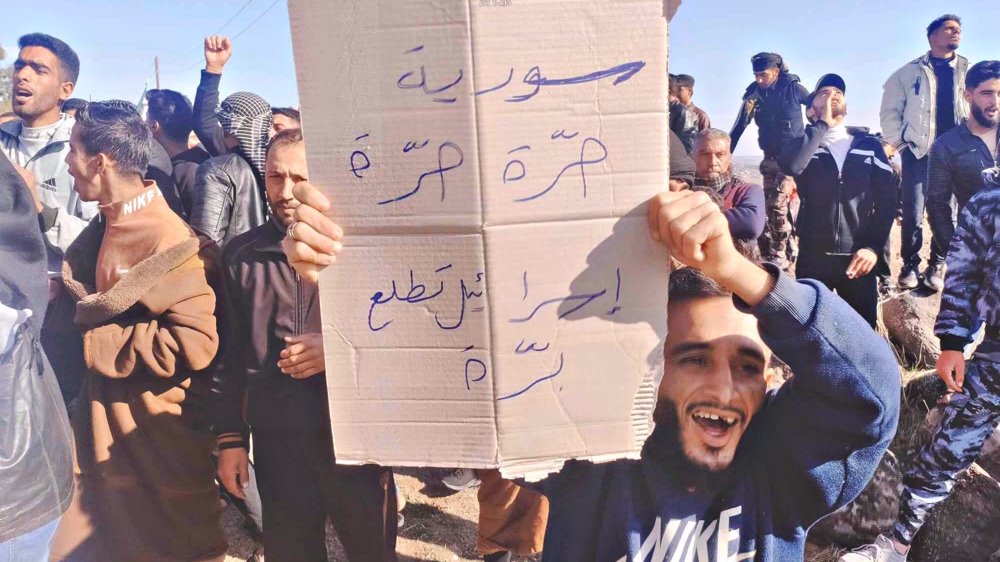
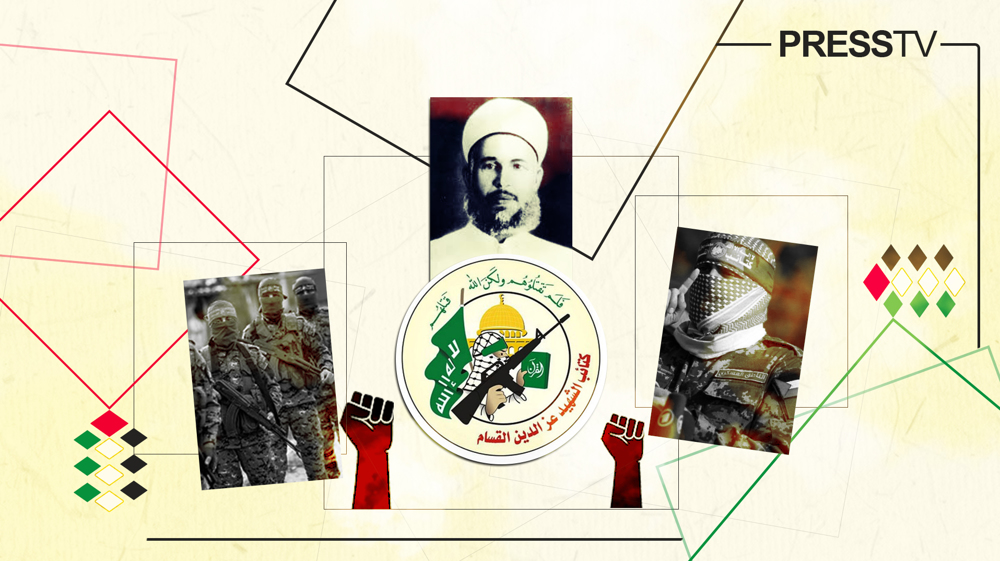



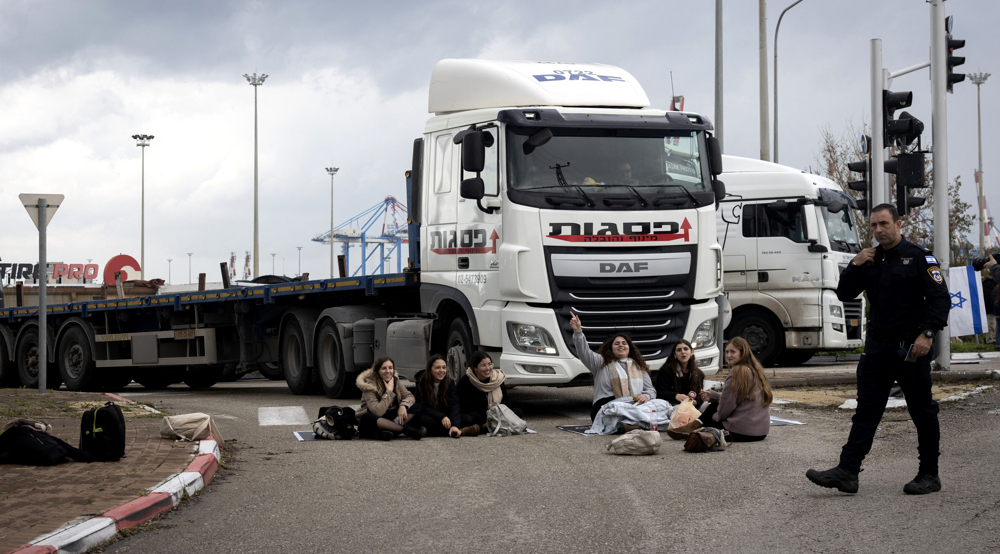
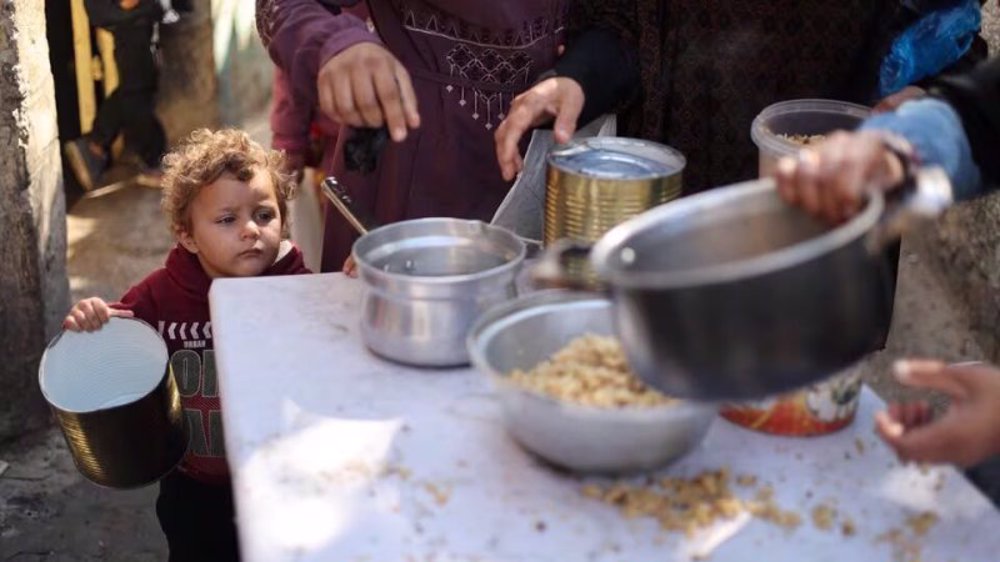
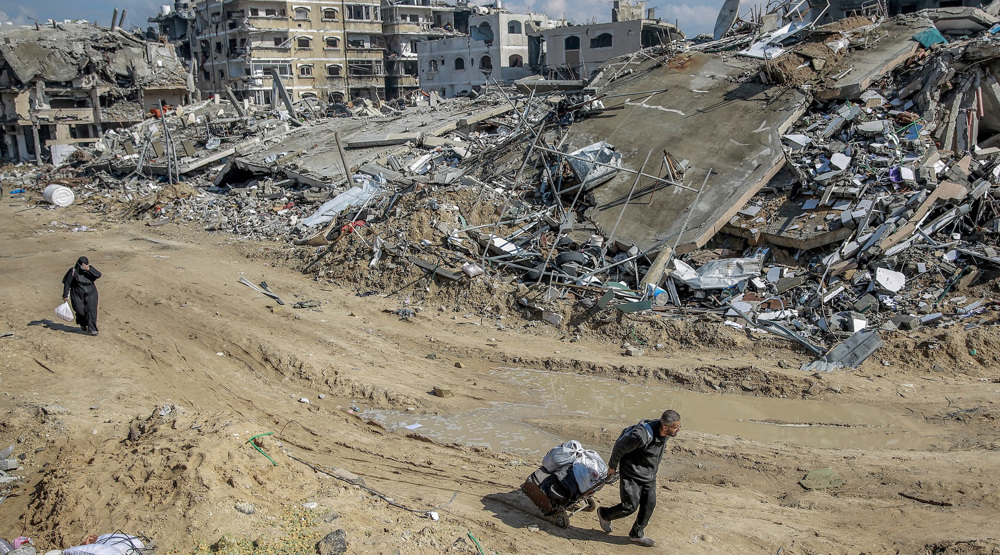

 This makes it easy to access the Press TV website
This makes it easy to access the Press TV website